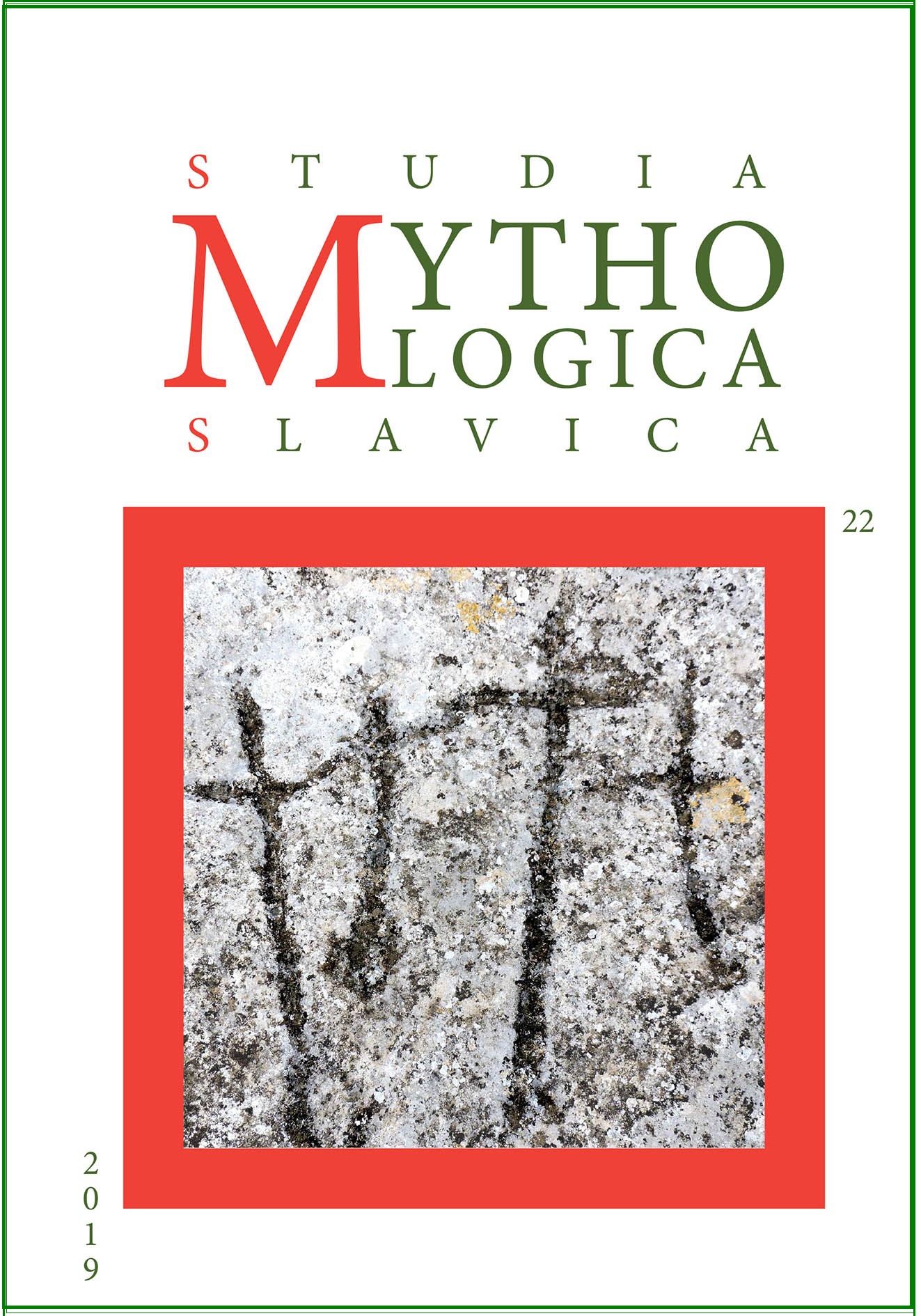Bees and Beekeeping from the Perspective of the Ontological Turn<br>Čebele in čebelarstvo v luči ontološkega obrata</br>
DOI:
https://doi.org/10.3986/SMS20192210Ključne besede:
bees, folklore, narrative culture, ontological turn, posthumanism, beehive panelsPovzetek
With a particular emphasis on the perspective of the human-animal relationship, the author presents forms of beekeeping as well as related narrative culture and painted beehive panels, which came into vogue in the second half of the 18th century, decorating Slovenian apiaries. This practice was unique in Europe but was largely abandoned by the first decades of the 20th century due to changing economic, social, and spiritual conditions. While apiculture and the industry involving bee products have become very profitable worldwide, in Slovenia beekeeping is also perceived as a true national symbol. Beekeeping has also found its place in larger cities, mainly on terraces and in parks. In contrast, however, the often harmful human intervention has also accidentally exterminated bees in many natural habitats. The author discusses the relationship between man and bees in the light of posthumanism, which has revolutionized the way scholars perceive non-human mental lives and abilities.Prenosi
Podatki o prenosih še niso na voljo.
Prenosi
Kako citirati
Kropej Telban, M. (2019). Bees and Beekeeping from the Perspective of the Ontological Turn<br>Čebele in čebelarstvo v luči ontološkega obrata</br>. Studia Mythologica Slavica, 22, 177–203. https://doi.org/10.3986/SMS20192210
Številka
Rubrike
ONKRAJ DELITVE NARAVE IN KULTURE / BEYOND THE DICHOTOMY OF NATURE AND CULTURE: ONTOLOGIES AND EPISTEMOLOGIES
Licenca
Avtorji jamčijo, da je delo njihova avtorska stvaritev, da v njem niso kršene avtorske pravice tretjih oseb ali kake druge pravice. V primeru zahtevkov tretjih oseb se avtorji zavezujejo, da bodo varovali interese založnika ter da bodo povrnili morebitno škodo.
Podrobneje v rubriki: Prispevki





